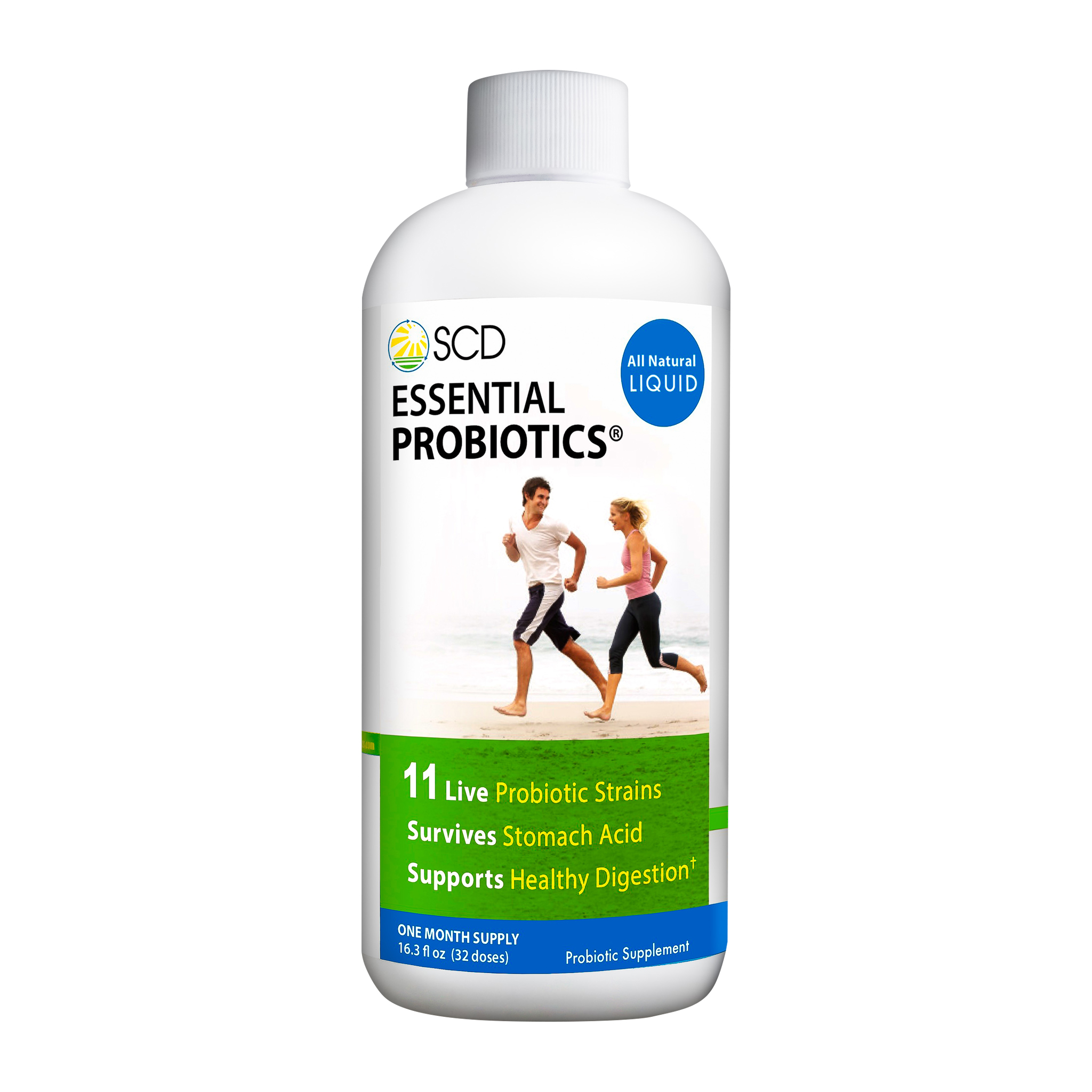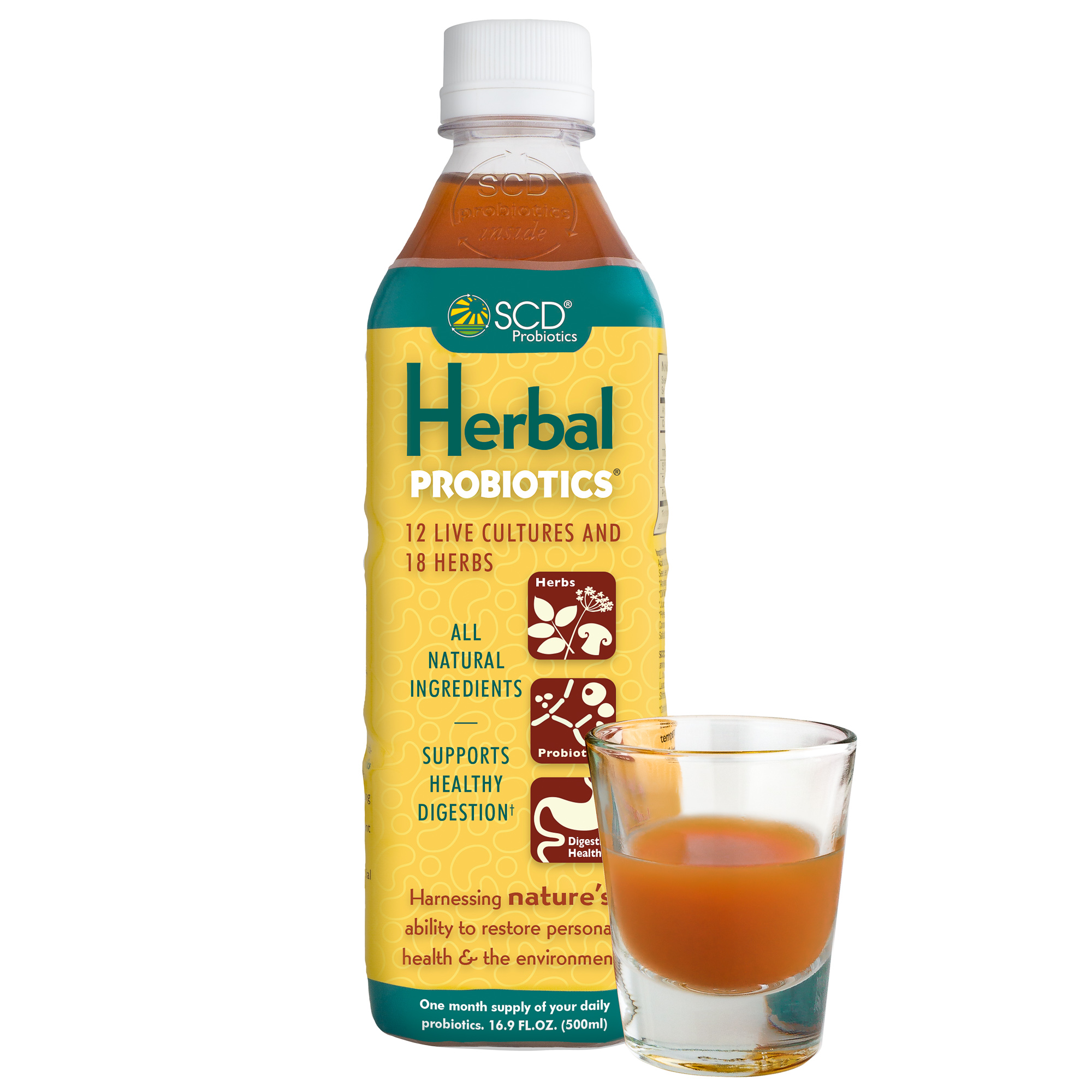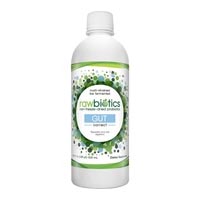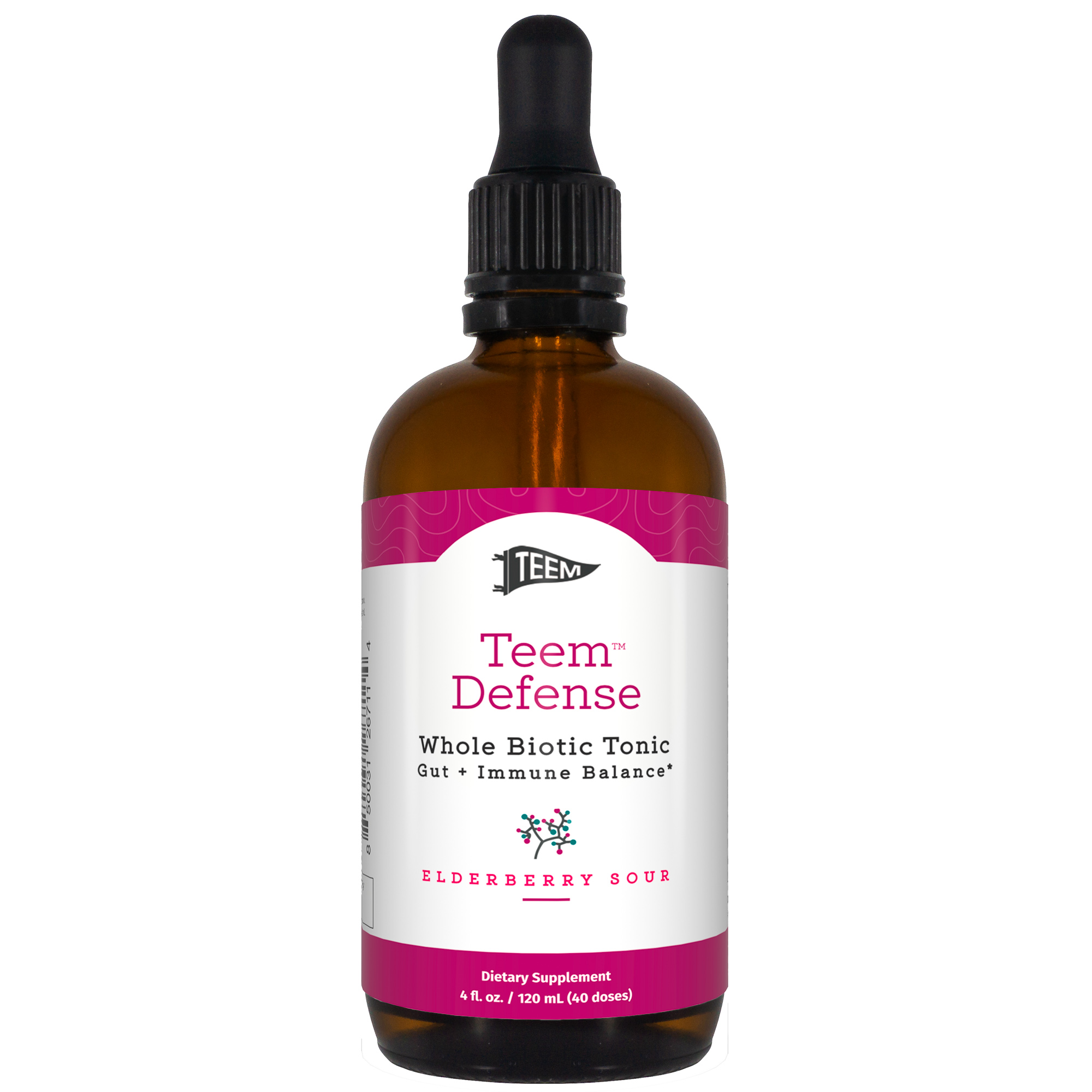7-Day Calm Gut Challenge with Probiotics
SCD's Calm Gut Pledge aims to improve gut health through a short-term diet and lifestyle intervention. This involves eliminating processed foods, sugary drinks, and unhealthy fats from the diet and increasing the intake of fruits, vegetables, whole grains, and fermented foods. Taking probiotic supplements is also recommended during a gut reset.
While gut resets may improve gut health, they are not a cure-all for all gut issues. It is crucial to consult a doctor to rule out any underlying medical conditions.
A balanced gut microbiome benefits digestion, immunity, and mood. An imbalanced one can cause bloating, gas, constipation, diarrhea, and weight gain.
A gut reset or repair can restore balance to your gut microbiome in 7 days with the help of probiotics. Probiotics are live bacteria that promote the growth of good bacteria. And our flagship product, SCD Essential Probiotics contains live, symbiotic beneficial microorganisms bottled with their naturally fermented postbiotics, which are immediately available. The strains inside SCD Essential Probiotics are 16x better at surviving stomach acid than the leading probiotic brand. This makes it a perfect companion to your efforts of cleansing and resetting your digestive system.
For a 7-day gut reset or repair plan, we suggest taking our liquid probiotic, SCD Essential Probiotics, daily, in addition to the following diet and lifestyle changes. Every morning, mix 1 Tbsp with water, juice, or a smoothie, or drink it straight.

-
Day 1:
Start by eliminating processed foods, sugary drinks, and unhealthy fats from your breakfast, lunch, or dinner diet. Focus on eating whole, unprocessed foods like fruits, vegetables, whole grains, and lean protein. -
Day 2:
Add fermented foods. Fermented foods are a great source of probiotics. Some good options include yogurt, kefir, sauerkraut, kimchi, and miso. -
Day 3:
Increase your water intake. Drinking plenty of water helps to keep your gut healthy and hydrated. Aim to drink eight glasses of water per day. -
Day 4:
Get enough sleep. When you're sleep-deprived, your body produces more stress hormones, which can damage your gut microbiome. Aim for 7-8 hours of sleep per night. -
Day 5:
Exercise regularly. Exercise helps to reduce inflammation and improve gut health. Aim for at least 30 minutes of moderate-intensity exercise most days of the week. -
Day 6:
There's no going back to the bad habits. Continue with the healthy habits you've started. Be it breakfast, lunch, or dinner. Incorporate probiotics as much as possible. For example:
-
Probiotics, like SCD Essential Probiotics, can be added to a sugar-free breakfast.
-
A broth-based meal with probiotics can be added for lunch.
-
Consume foods rich in prebiotics (e.g., potatoes, yams/tubers, legumes, leeks, etc.) during dinner, as well as integrate probiotics.
-
-
Day 7:
Make it sustainable. The goal of a gut reset is to improve your gut health for the long term. Choose changes that you can realistically stick with in the long run.
Other additional tips:
- Manage stress. Stress can harm your gut health. Find healthy ways to manage stress, such as exercise, meditation, or yoga.
- Avoid smoking and excessive alcohol consumption. These substances can damage your gut lining and disrupt the balance of bacteria in your gut.
- Take care of your mental health. Good mental health is also important for gut health. Make sure to get enough social support and practice relaxation techniques.
Most of all, start slow. If you make too many changes too quickly, it can be difficult to stick with the plan. Start by making small changes, such as adding one or two servings of fruits or vegetables daily, and remember to integrate SCD Essential Probiotics. And be patient. It takes time to see results from a gut reset. Keep going even if you don't see a difference immediately.
After this 7 day calm gut challenge, you should see noticeable differences in how your gut performs with fewer flare-ups and disturbances. By following these tips, you can help to improve your gut health and overall well-being.









